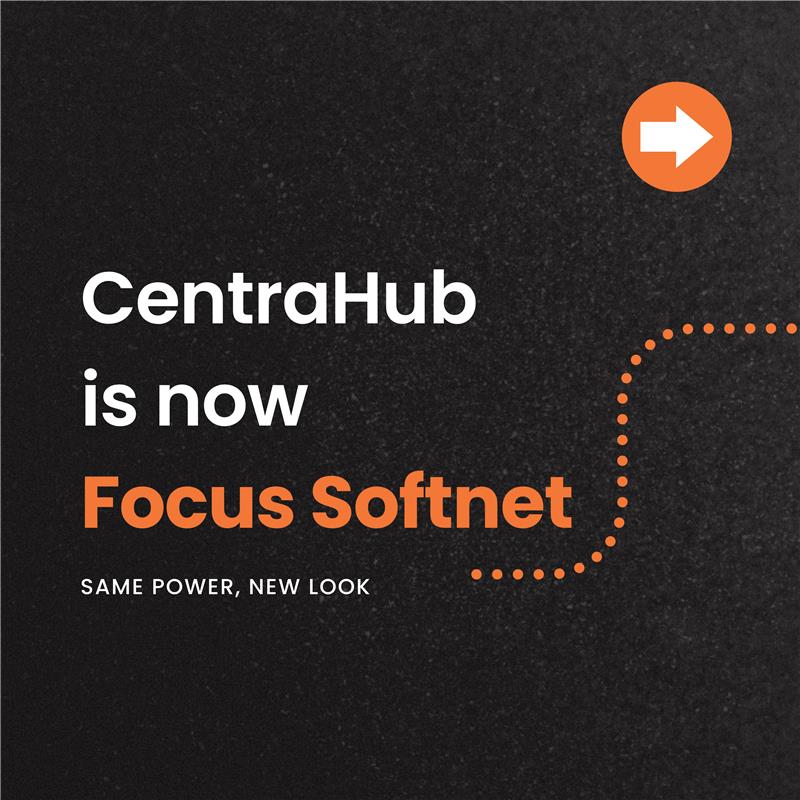

Sales forecasting is a critical aspect of business planning and strategy. Accurate sales forecasts provide valuable insights into future revenue, help organizations allocate resources effectively, and enable informed decision-making. In today's digital age, businesses can leverage customer relationship management (CRM) solutions to enhance their sales forecasting capabilities. In this article, we will explore the advantages of using cloud CRM software for sales forecasting.
Cloud-based CRM software solutions have revolutionized the way businesses manage customer relationships and sales processes. These platforms provide a centralized repository for storing and organizing customer data, including historical sales data, customer interactions, and buying patterns. By utilizing cloud CRM software for sales forecasting, businesses can benefit from real-time access to accurate and up-to-date information.
Having a centralized system eliminates the need for manual data entry and consolidates relevant data in one place. This enables sales teams and managers to analyze trends, track customer behavior, and identify patterns that can influence sales forecasts. Cloud CRM software ensures that everyone in the organization has access to the same data, promoting collaboration and enabling accurate sales forecasting across departments.
CRM software offers a range of forecasting tools that can significantly improve the accuracy and efficiency of sales forecasting. These tools leverage historical data and analytical capabilities to generate accurate sales projections.
By analyzing past sales data, CRM forecasting tools can identify seasonal trends, customer buying patterns, and sales cycles. This enables businesses to anticipate future demand and adjust their strategies accordingly. With the ability to forecast both short-term and long-term sales, organizations can make informed decisions about production, inventory, and resource allocation.
Additionally, forecasting tools often incorporate advanced algorithms and predictive analytics to generate more accurate forecasts. Machine learning techniques can be applied to analyze large volumes of data and identify patterns that humans may overlook. This leads to more reliable forecasts and enables businesses to make strategic decisions based on data-driven insights.
Measuring the accuracy of sales forecasts is crucial for continuous improvement. CRM software provides the ability to track and evaluate forecasting accuracy metrics, such as forecast variance, forecast bias, and win/loss ratios.
Forecast variance measures the difference between predicted sales and actual sales, providing insight into the accuracy of the forecasts. Forecast bias highlights any consistent overestimation or underestimation in the forecasts. These metrics allow organizations to identify areas for improvement, refine forecasting models, and adjust sales strategies accordingly.
CRM software also enables sales managers to assess the performance of individual sales representatives or teams. By comparing forecasted sales with actual results, managers can provide targeted feedback, training, and support to improve forecasting accuracy and overall sales performance.
Trend analysis is a powerful tool for sales forecasting, and CRM software facilitates this process by providing comprehensive data and analytical capabilities. By analyzing historical sales data, CRM software can identify trends and patterns that may influence future sales performance.
Trend analysis enables businesses to uncover growth opportunities and adapt their strategies accordingly. For example, if the data reveals a consistent increase in sales during certain seasons or in specific market segments, organizations can allocate resources and tailor their marketing efforts to capitalize on those trends. By identifying emerging market trends, businesses can stay ahead of the competition and maximize revenue potential.
Moreover, CRM software allows organizations to track the impact of external factors on sales performance. For instance, by analyzing the correlation between sales and marketing campaigns, businesses can determine which strategies are most effective and adjust their future campaigns accordingly. Trend analysis empowers organizations to make proactive decisions and respond quickly to market changes.
Cloud CRM software offers the advantage of integrating sales and marketing processes, providing a holistic view of the customer journey. This integration enables organizations to align their sales forecasting with marketing campaigns and initiatives.
By integrating CRM software with marketing automation tools, businesses can track the effectiveness of marketing campaigns and measure their impact on sales performance. This integration allows for a more accurate assessment of future sales projections based on the success of marketing efforts.
Furthermore, CRM software provides valuable insights into customer behavior, preferences, and interactions. Sales teams can leverage this information to tailor their sales strategies and messages, resulting in higher conversion rates and improved forecasting accuracy.
Leveraging CRM software for sales forecasting offers several advantages. By harnessing these, businesses can make more informed decisions, optimize resource allocation, and stay ahead in today's competitive marketplace.